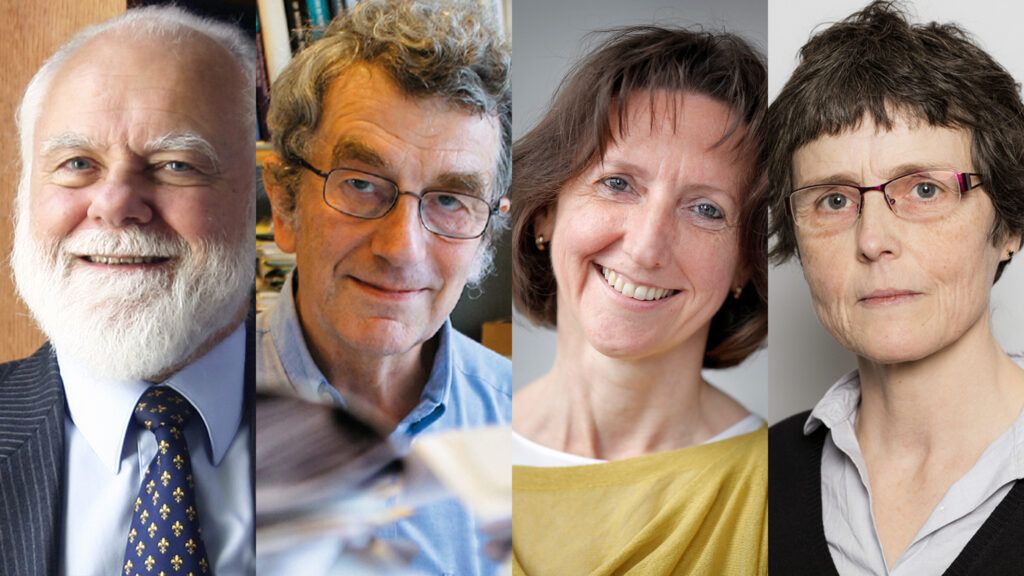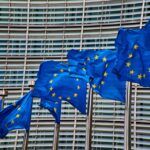New research sheds light on how much trust people have in different types of scientists.
Trust in research goes hand in hand with those who carry it out. If the public trusts the research, then that is another way of saying it trusts the scientists behind it. And it’s this trust that helps scientists influence and shape policy decisions that ultimately provide solutions to many different societal problems. However, there has been limited study on trust in scientists. What little scholarship is available doesn’t consider the diversity of scientific professions.
Who’s tops, and who’s not?
A team of social scientists at the University of Amsterdam is the first to systematically examine the root causes of trust in scientists across a broad range of science domains. The results were published in the journal ‘PLoS ONE’. The scientists conducted research involving 2 780 participants in the United States. Findings showed that trust levels differed considerably in scientists across 45 different fields ranging from agronomy to zoology. Neuroscientists and marine biologists ranked highest, followed by astrophysicists and oceanographers. Political scientists and economists were trusted the least. Sociologists and food scientists were near the bottom, too.
The dynamics of trust
The study revealed how perceptions of competence and morality sway public confidence. Morality plays a major part in domains that involve controversial topics. In addition, the study highlighted the significance of understanding public trust in scientists. This trust is key to effectively tackling complex societal or global challenges through informed policymaking. “[T]rust was largely based on how competent and moral people perceived a scientist to be,” concluded the authors in the paper. “The importance of morality was, however, not uniform across domains. For example, morality was not as important for trust in geographers as it was for trust in pharmacologists. These findings demonstrate that it is important to consider the diversity of scientific occupations when investigating trust and its contributing factors and the willingness to grant scientists influence in engaging with societal problems and policymaking.” “This study is just the beginning,” commented lead researcher and PhD candidate Vukašin Gligorić in a news release. “Future research should explore the generalisability of these findings beyond the U.S. context and delve into the causal relationships between trust and other variables. Nevertheless, one thing is clear: the diversity of scientific fields must be taken into account to more precisely map trust, which is important for understanding how scientific solutions can best find their way to policy.”

Three EU-backed scientists win Crafoord Prize for Astronomy and Mathematics |
More information: European Commission







Leave a Reply